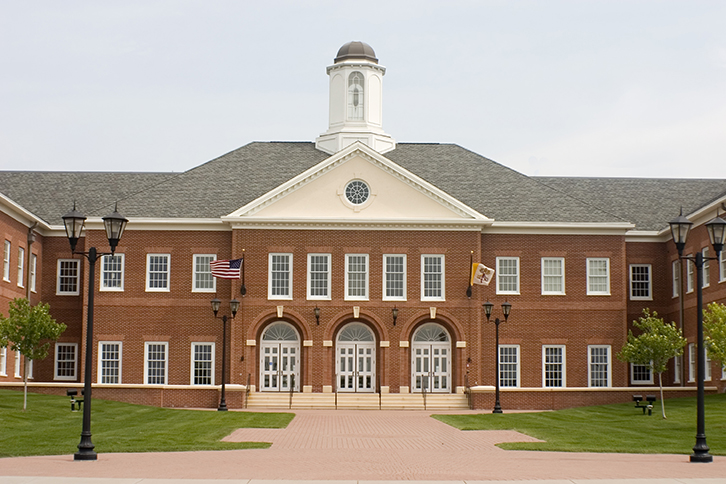The following blog was contributed by Bruce Hermie, National Director of School Partnerships at the American Federation for Children.
How am I called to respond now?
When we made the decision to introduce St. Ignatius Loyola’s Examen into our routine at the high school where I served as dean of students, it was designed to help our students pause in their day, reflect on their state of being in their personal and faith lives and help center them around God’s movement and role in their lives. Not only did it prove to be a helpful task for the students, but it also was for the adults on campus managing the teaching and day-to-day operations of the school. In short, the Examen was a pause and reframing that was needed during an always busy and sometimes challenging day on and off campus. The thing I appreciate most about this prayer/exercise is that it is not one of simple reflection, but one that asks for a pledge of action to do more and be better in all facets of our faith and professional lives.
In my current role, when talking with school leaders and stakeholders about school choice and their role to support their students and schools as advocates, I frequently find myself coming back to the Examen and the clarity and focus of action this prayer can bring. As legislative sessions begin to start this month across the nation, hundreds of bills will be brought forward regarding school choice, not to mention many other prospective new laws and amendments to existing laws that our elected officials will cast votes on. While some of these bills may not directly impact our Catholic schools, others will touch on topics of religious liberties, employment and other avenues that, in a roundabout way, can have a deep impact on the way Catholic schools operate. And Catholic school leaders and their supporters can have a deep impact on these bills.
Undoubtedly, our Catholic Conference Directors are aware of these bills and their potential impact, and they will do all they can to continue to push forward those laws that would serve Catholic schools well while attempting to help legislators see that bills that would be harmful should not be passed. But how can Catholic school leaders and employees best lend support to these efforts?
Our voices are crucial. After all, when it comes to Catholic education, who has better expertise than those running and working in Catholic schools? All too often, though, these voices are absent in the conversations that take place related to the formation of bills, during open committee hearings, the debates of their merit on state House and Senate floors and in public conversations encouraging or discouraging passage. And often, leaders do not realize the crucial difference their voices make.
This challenge is why I decided to write From the Schoolhouse to the Statehouse: The Role of School Leaders in Legislative Advocacy Through the Lens of School Choice, published by NCEA. My hope was to provide a path for Catholic school leaders and personnel to engage the advocacy process in any way they can in support of not only school choice opportunities for families but also any other avenue that can impact our Catholic schools and students.
It isn’t easy to stand up and get involved, but an army of supporters is waiting to stand behind Catholic education leaders when you do. That includes organizations like the American Federation for Children, which is launching a new initiative, Go Teach, inspired by the last words of Jesus to his followers and based on amplifying and supporting the voices of Catholic school supporters who are carrying out that mission.
Catholic school leaders and school personnel have a wealth of expertise, perspective and experience that is often not present in our state houses when it comes time to vote on bills that impact education – there are many who are eager to help make sure that changes. Our voices and experiences, not to mention the data we collect, are proof of the good work we do with students given to our care. Our schools are constantly working to help our students grow in mind, body and spiritual formation, and we can be a critical part of ensuring legislative leaders know and support them.
As the 2023 legislative session begins in your state, how will you respond now?
If you are a seasoned advocate already working hand in hand with your Catholic Conference, educating your stakeholders and giving voice to your families and students, kudos to you. If you are new to this arena, I encourage you to reach out to your Catholic Conference director, ask questions, and offer support. Taking the time to educate yourself on what is going on at the legislature is worth your time and critical to the well-being of our Catholic schools. If you don’t speak on behalf of your school and students, someone else will, and that person may not have the best interests of your school and students front of mind. In 2023, let us resolve to step into the light, enter the public square, and let our voices be heard.
